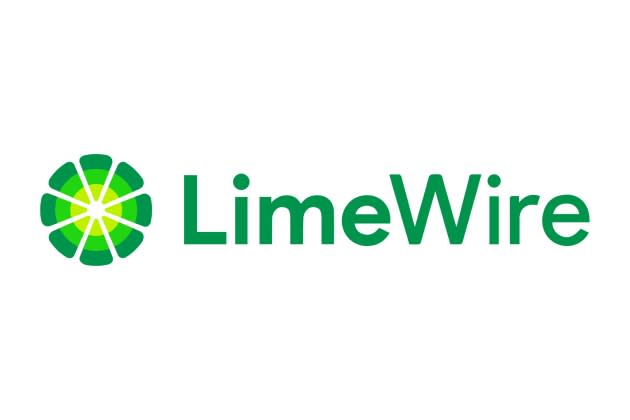Limewire Is Back, But AI’s Making The Music This Time

Over a decade ago, the major record labels killed the once-beloved file-sharing site LimeWire and buried it in a sea of lawsuits and fines over rampant copyright infringement on the platform that turned the music industry on its head.
Thirteen years later, the brand is back in the music business. But this time, LimeWire is focusing on a different industry-altering technology in artificial intelligence, and it just launched an AI music generator that allows users to create AI-made tracks at the push of a button.
More from Rolling Stone
Diddy at the Grammys? Recording Academy Is 'Evaluating' Invitation Amid Sexual Assault Claims
Fran Drescher Gets Candid About the SAG Deal, AI, and Vaccine Mandates
Taylor Swift's Eras Tour Is the Highest-Grossing of All Time and First-Ever to Hit $1 Billion
LimeWire’s legacy in music is complicated. Along with other file-sharing sites like Napster, LimeWire drastically changed how consumers and in some ways started the shift into what would become the streaming model. But it also vastly devalued music and drew the vitriol of major labels, who sought billions in damages over unlicensed songs being shared on the platform.
The irony of LimeWire going from offering one sensitive music technology to another is not lost on the company. While the old LimeWire’s fate was sealed over copyright issues, the new AI music-maker only uses licensed music for its training data, the company’s chief operating officer Marcus Feistl says. (Feistl declined to specify its licensing partners.) The company also worked with Universal Music Group last year to license NFTs. This iteration of LimeWire, at least, doesn’t want another legal fight with the music business.
“I think it actually fits the brand perfectly, to be honest. It’s again a very disruptive approach to the music industry,” Feistl says. “But at the same time, compared to the initial LimeWire, we’re taking a bit more of a cautious and careful approach in things like licensing of the content, where we get the training data.”
The only link between the original LimeWire and the new company is the brand name, which its current ownership purchased last year as it originally looked to turn LimeWire into an NFT platform. The focus has since shifted toward AI creation, with the company buying BlueWillow — an AI image generator similar to MidJourney — earlier this year.
The LimeWire owners aren’t the first to try to capitalize on the infamous branding of early music internet companies; Napster is now a legal streaming service as the streaming platform previously known as Rhapsody bought the Napster brand and took on the more famous name in 2016.
LimeWire’s AI music studio, unveiled on Tuesday, lets users describe the track they want to hear through a written prompt such as mood or genre or via uploaded pictures such as colors and shapes to make tracks looking to match the image. (Google launched a similar product MusicLM in May.)
Like its competitors, the music LimeWire’s software creates is hit or miss. The results don’t always match the description (the picture-to-music function couldn’t make songs that matched the vibes of the images we uploaded) and the music can sound low-quality and muddy. But the results can also be impressively accurate, like when we asked the AI to make a basic indie rock track or created a text prompt for a “dainty violin piece that sounds like being outdoors on a sunny day.” If the current quality of the tracks is any indication, AI generators produce likely won’t be replacing human artistry any time soon.
LimeWire says it wants to expand the offering from its basic function now to more in-depth creation throughout next year. Feistl say the company is already working on a text-to-voice feature and wants to create a more full-fledged digital audio workstation as well.
“The music generation bid in AI is super, super early. But I think in a matter of months, this is going to be the same as with the image generation space,” Feistl says. “In a matter of time this will be like knowing a tool like you know Ableton. The idea is really to enable anybody to create a full track. This will improve the level and the access to creativity a lot more for every type of user.”
Best of Rolling Stone
